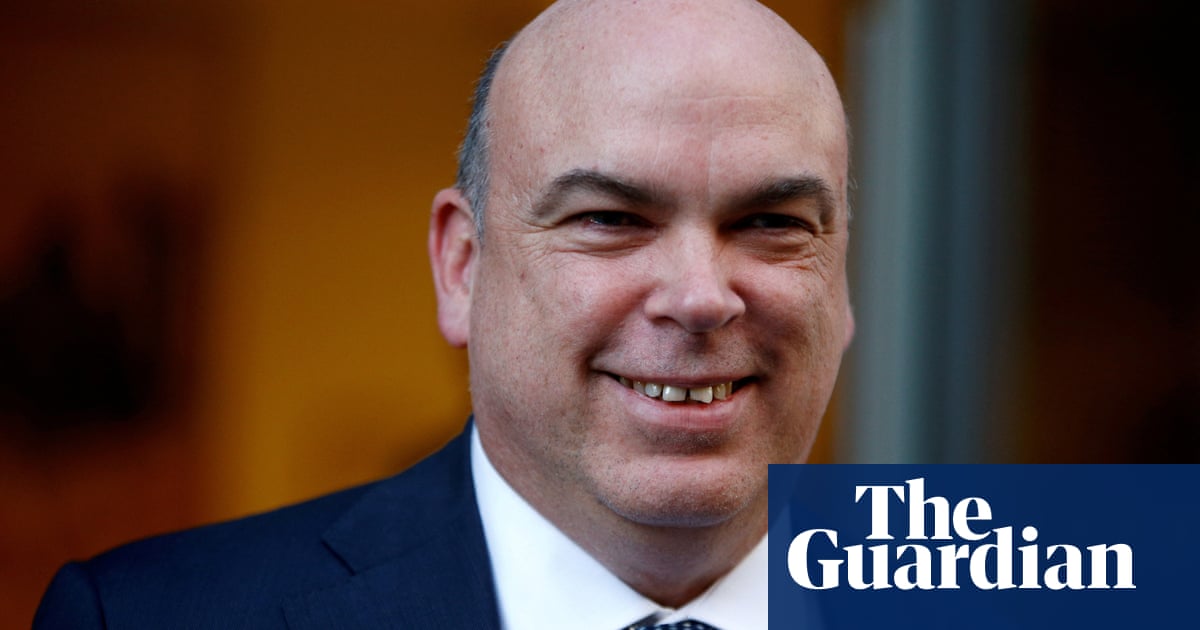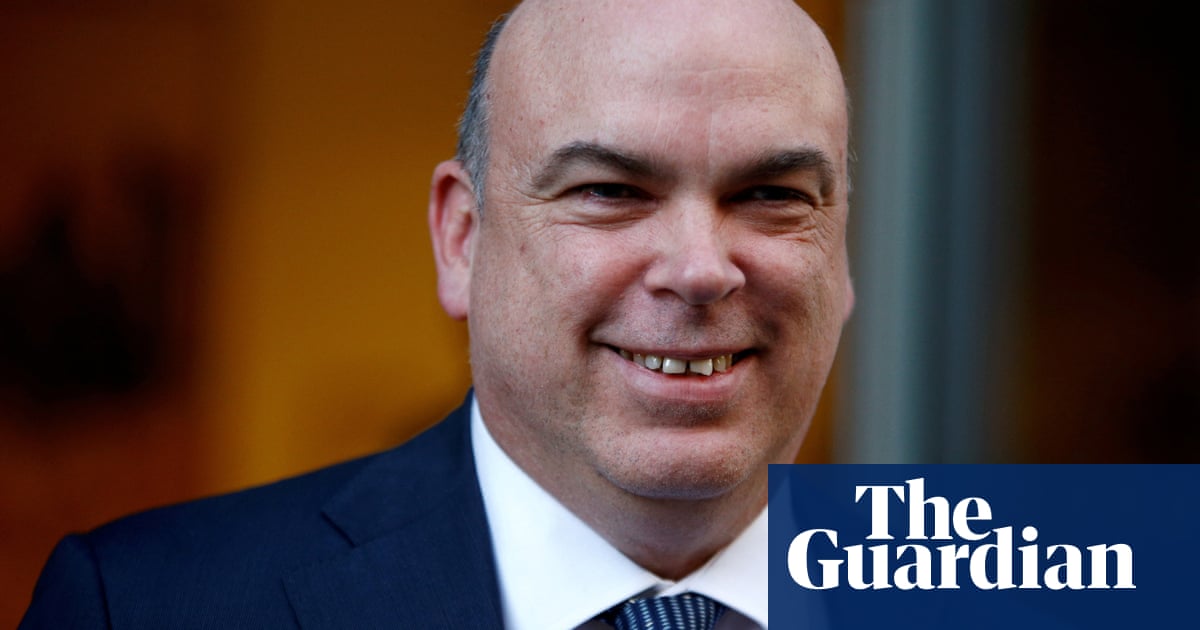
As Mike Lynch adjusts to life confined to a court-approved address in San Francisco, watched by armed guards as he awaits trial for criminal fraud, the tech tycoon once lauded as Britain’s Bill Gates will have plenty of time to contemplate his spectacular fall from grace.
The 57-year-old, stripped of all travel documents and accompanied by US Marshals to court after being extradited to the US on Thursday, is facing up to 25 years in prison if he is found guilty of allegations he duped Hewlett-Packard into overpaying when it struck an $11bn deal (£8.2bn) deal for his software firm Autonomy in 2011.
Lynch’s former finance director at Autonomy, Sushovan Hussain, is already serving time in jail in the US after being found guilty of fraud relating to the deal, and last year Lynch lost a six-year civil fraud case brought by HP in the UK. Lynch has always denied the allegations of wrongdoing. Regardless of the outcome of his San Francisco trial, it marks an ignominious end to the feted career and reputation of a man once hailed as one of Britain’s fe w global tech champions.
Before HP cried foul over the takeover deal, which made Lynch about £500m, Autonomy’s co-founder was revered for the success of his venture, which along with chip designer Arm was one of the leading lights in the cluster of tech firms around Cambridge known as Silicon Fen.
Having received an OBE for services to enterprise in 2006, the same year he was appointed to the BBC’s board, Lynch would go on to be elected to David Cameron’s council for science and technology in 2011.
Lynch supposedly offered the then prime minister advice on matters including “the opportunities and risks of the development of artificial intelligence (AI) and the government’s role in the regulation of these technologies”.
Even as tech analysts began to question Autonomy’s business model at the end of the 00s, Lynch pushed through a high-flying £20m shirt sponsorship of Tottenham Hotspur in 2010, when the Premier League club had players including Gareth Bale.
Lynch also enjoyed indulging his penchant for James Bond at the companies he ran, which included the venture capital firm Invoke, founded after the Autonomy sale.
Conference rooms were reportedly named after Bond enemies, such as Dr. No and Goldfinger, and Autonomy even had a piranha tank in the atrium, in a nod to the 007 caper You Only Live Twice.
His obsession extended to driving an Aston Martin DB5, the super spy’s car of choice, while other rooms at offices he has run have taken names of fictional characters such as Kiefer Sutherland’s Jack Bauer from the TV series 24.
Lawyers representing Lynch at his bail hearing in California this week have estimated he is worth as much as $450m. His assets include an estate in Suffolk and a £20m Chelsea townhouse, a meteoric rise for an academic turned entrepreneur who started his first company with a £2,000 loan.
Lynch, who is married with two daughters, was born in Ireland and raised in Ilford on the London/Essex border and grew up in Chelmsford. Both his parents were Irish, his mother a nurse and father a firefighter.
At the age of 11 he won a scholarship to Bancroft’s, a private school in Woodford Green, north-east London. He would go on to Cambridge University, where he studied Physics, mathematics and biochemistry, and a PhD in mathematical computing would follow.
A music fan, Lynch formed his first company in the 1980s with a £2,000 loan from the manager of a band, producing audio products for the recording industry. In 1991, he co-founded Cambridge Neurodynamics, which specialised in computer-based finger print recognition. Autonomy would be one of the companies spun out, in 1996, with the backing of private equity group Apax.
The company would float in Brussels in 1998, and rapid growth over the next two years fuelled by the dotcom boom would lead to a move to the London exchange, where Autonomy joined the FTSE 100.
After a share price crash as the dotcom bubble burst in 2001, Autonomy would eventually catch the eye of HP, which paid $11.3bn in 2011. Lynch, who would go on to use some of the proceeds to become the first and biggest shareholder in Cambridge-based, London-listed cybersecurity firm Darktrace in 2013, called it a “momentous day”.
But a year later HP took an $8.8bn (£5.5bn) writedown, saying that it had discovered “serious accounting improprieties” at Autonomy, and its outspoken co-founder has been in the US company’s cross hairs ever since.
Now Lynch, who once claimed to enjoy watching sheepdog trials and has a passion for preserving rare breed animals, will need to focus on self-preservation as he faces a court battle against incarceration in the US.












